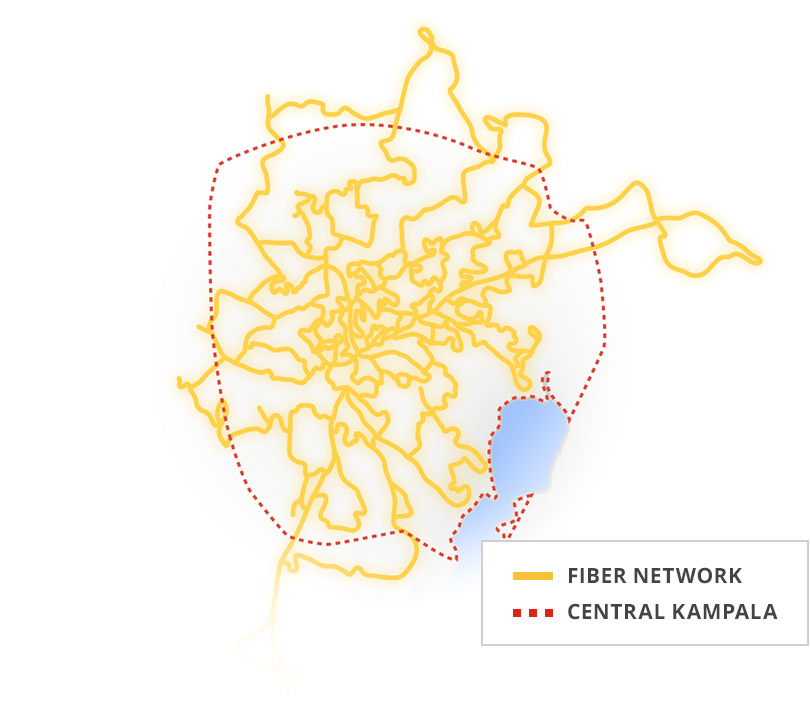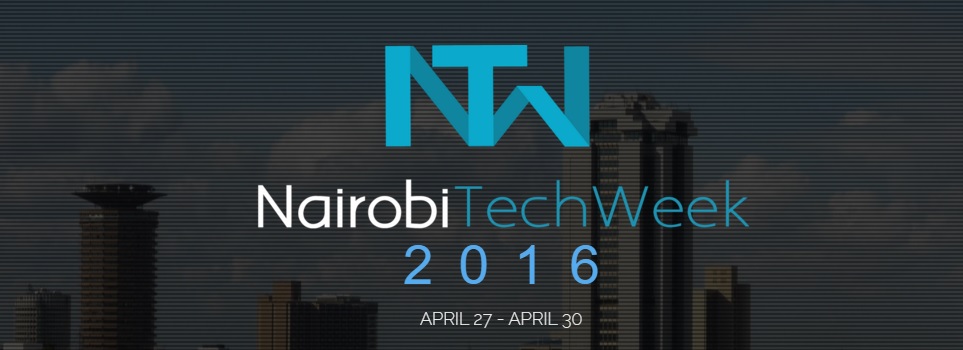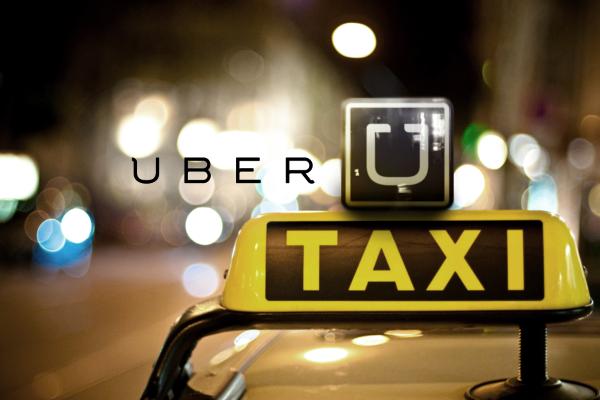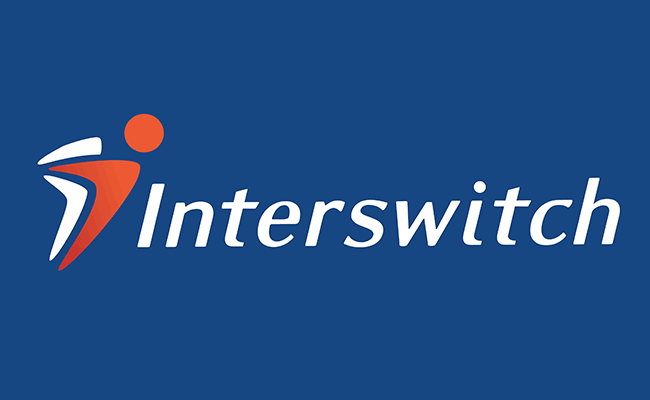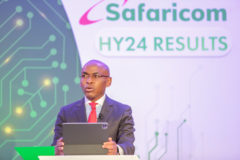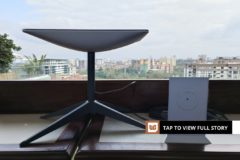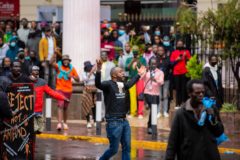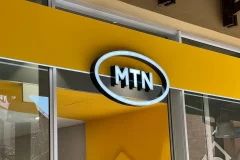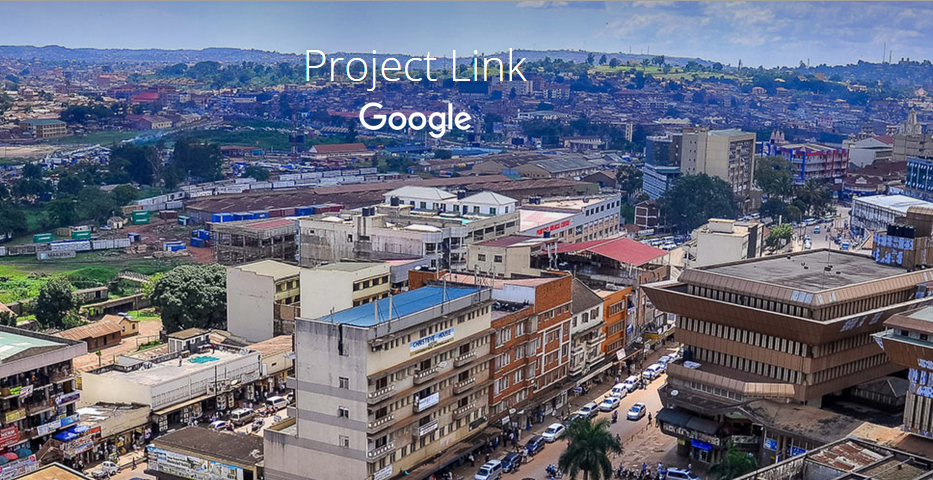 After laying Kampala’s metropolitan fibre backbone in 2013, Google has announced the launch of the next phase of Project Link, a partnership with ISPs and mobile operators to provide wholesale last-mile Wi-Fi access throughout the city.
After laying Kampala’s metropolitan fibre backbone in 2013, Google has announced the launch of the next phase of Project Link, a partnership with ISPs and mobile operators to provide wholesale last-mile Wi-Fi access throughout the city.
To do this, Google has partnered with local providers who are using Project Link’s fiber network to improve connectivity in Uganda’s capital. The service fiber-optic cable network in Kampala is a shared resource with abundant capacity on which they could improve quality of access and launch new bandwidth-intensive services such as 4G.
Project Link announced on Thursday that it was launching a Wi-Fi hotzone network to improve the quality and affordability of wireless access for Kampala’s growing number of mobile phone users. The Wi-Fi network is currently available at 120 sites, with plans to expand coverage in the coming year.
The first wireless access provider to join the partnership is Roke Telkom, who will provide Wi-Fi access through a subscription, and users can access the internet with their devices at any of the hotzones. Users can also connect to Project Link’s Wi-Fi hotzones at home, in cafes or at work through a transceiving device.
Project Link will enable mobile network operators and ISPs to deliver improved services on the shared infrastructure without having to invest in laying fiber or putting up transceivers themselves. It is hoped that these savings will pass to the end-user, who will have access to affordable, high-quality broadband access more available in Kampala.
It seems Google is betting big on the internet infrastructure its services run on. After launching Google Fibre in 2010, the search giant has announced plans to provide internet access using high-altitude balloons, a crazy plan, fittingly named ‘Project Loon’. And they’re not the only ones. Facebook wants to use drones to beam the internet to far-flung corners of the world that are outside the range of conventional connectivity. It seems the race to get remote communities connected to the internet is being played out in underground and undersea cables and in the skies.
With their large populations and growing incomes, African cities are big targets for internet giants looking to gain and maintain their market share. Corporations and carriers are partnering to improve connectivity, knowing that better access to the internet will boost revenue for both parties.
Efforts like Project Link in Accra and Kampala offer a glimpse of what the future may look like for mobile operators in Africa, as the focus shifts to service delivery and value addition. Nimble players would be able to compete with established providers on a level playing field thanks to the shared infrastructure, and internet service providers could diversify their product offering to include more bandwidth-heavy options.
Cheaper mobile data provides an alternative source of revenue, and new customers as the cost of getting online drops and the quality of service improves. At the same time questions arise as to whether this internet is really neutral if it is provided by a corporation that could cut off access to competing services.
Photo via Project Link









